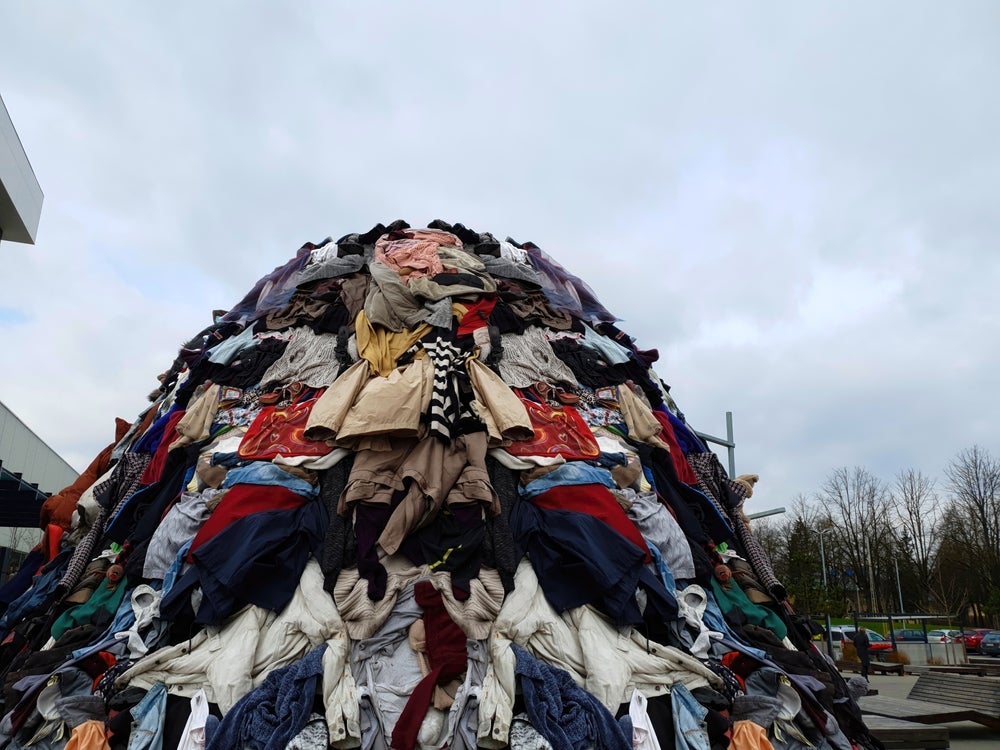
Zero Waste Europe (ZWE), a network of communities, experts and leaders working towards the elimination of waste, has published a new report calling for governments to take action to move fashion brands towards sustainability.
Actions suggested by the report, titled ‘A Zero Waste Vision for Fashion Chapter 1: All We Need Is Less,’ include asking for new legislation on waste within the apparel chain at EU level.
ZWE is asking for a ban on the destruction of unsold goods by large enterprises and a target for reducing the use of primary resources across the EU.
The organisation says that waste prevention measures in the EU so far “have not yet yielded any tangible results” and calls for concrete targets to drive progress by member states.
The paper also suggests using financial incentives to hold fast fashion brands to account for the waste generated by their products. It also asks for the environmental taxes applied to energy and transport sectors to be applied to virgin materials, particularly virgin plastics, given the dominant role of synthetic fibres in fast fashion.
ZWE has announced ambitions to create a “sufficiency culture” by “disincentivising overconsumption”. It says this will ultimately involve decreasing consumption of new garments whilst making reuse and repair profitable.
ZWE’s resources policy officer, and author of the report, Theresa Mörsen says: “We cannot rely on so-called consumer behaviour ‘nudges’ to cut down on fashion consumption. The cause of our current waste crisis lies with the fast fashion business model that relies on selling large volumes of trendy items. We must have a robust regulatory framework that allows consumers to live well – and dress well – within planetary boundaries.”
The paper is the first in a two-part series from Zero Waste Europe, exploring textiles across fashion’s full supply chain. The next part of the series will focus on how clothes should be designed, used, reused, recycled and treated at the end of life.



